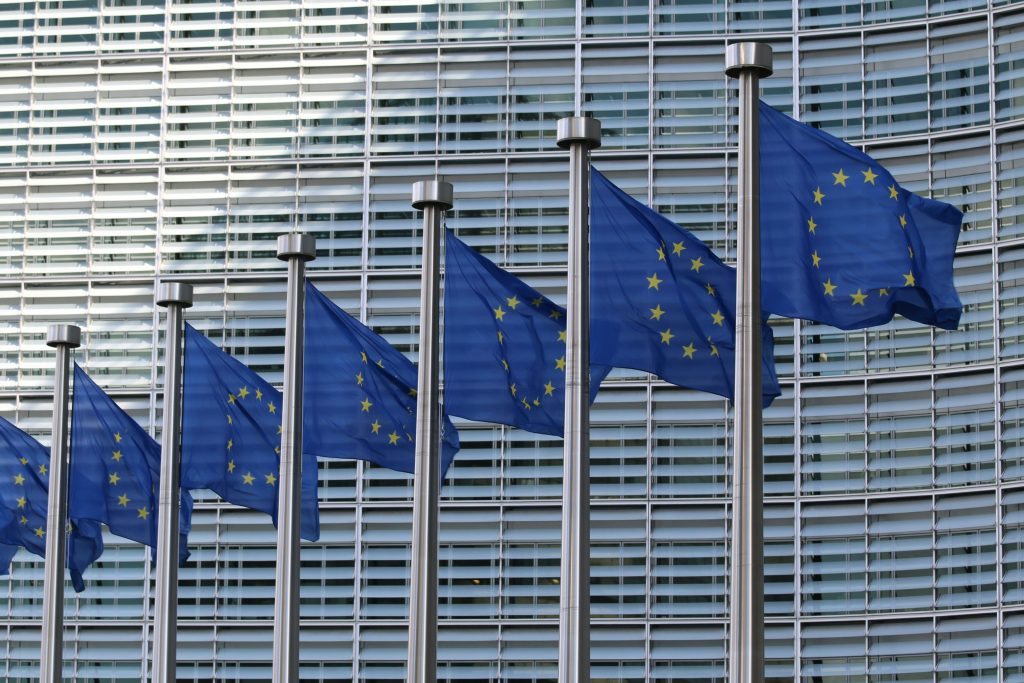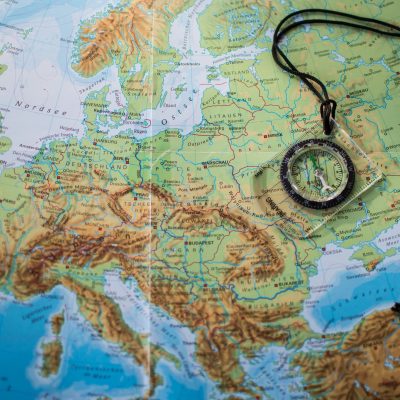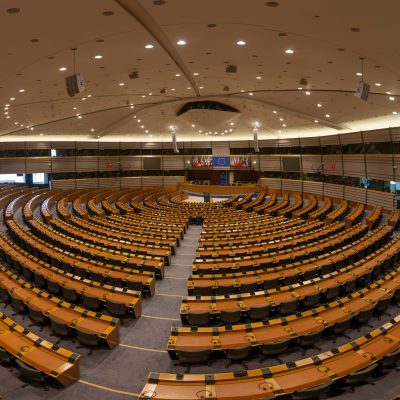The enlarged European Commission

It cannot be overstated: the enlargement that took place in May 2004 was a key step in the European Project. Not only because it resulted in a near-complete reunification of the European sub-continent, but also because it has brought significant changes to the Union’s processes and its goals. Unlike the enlargements that came before, this one cannot be regarded as a simple, routine operation. The differences – be they economic, social or political – between the old and new Member States are considerable. The number of newcomers, and the fact that some of those were small countries, has meant that the mechanical adjustments that it was possible to carry out during previous enlargements were this time inadequate.
This is certainly not a new problem: it featured in the first round of institutional discussions following the failed reform attempts in Amsterdam, and were the focus of a great deal of attention when the draft constitution was being drawn up. Until now, however, it has only been approached in a rather dry fashion; how many Members should the Commission comprise, the distribution of Council votes, seats in Parliament, and so forth. Indeed, the dynamic implications of enlargement have barely been discussed, either in terms of the internal functioning of each institution or of the relationship that might transpire between them. Whilst the question is an important one for each of the institutions, it has a particular resonance for the Commission, firstly due to its role as the driving force in the Community system, and secondly because, unlike the other institutions, the Commission’s working methods, and in particular the collegiality principle, might be jeopardised by a badly handled enlargement process.
Notre Europe therefore asked Professor John Peterson, who has written a number of articles on European governance, to reflect on the implications of enlargement for the Commission. The analysis that he gives us in the following pages is stimulating in various ways. He rightly points out that the more heterogeneous Europe becomes, the greater the need for a conductor who can coordinate what each section of the orchestra is playing. This may appear obvious, yet the intergovernmental spirit that has prevailed for a number of years demonstrates that it is nothing of the kind.
Regular readers will undoubtedly be surprised at the uncompromising language. Not everyone will agree with Professor Peterson’s conclusions, in particular his enthusiasm for the open method of coordination. They will, nonetheless, acknowledge that in this uncertain period in Europe’s history, it is essential to reflect on how we can ensure the sustainability of the Community system. This study represents the first high-quality contribution to this debate; there will be others.




